
- Home
- India
- World
- Premium
- THE FEDERAL SPECIAL
- Analysis
- States
- Perspective
- Videos
- Sports
- Education
- Entertainment
- Elections
- Features
- Health
- Business
- Series
- In memoriam: Sheikh Mujibur Rahman
- Bishnoi's Men
- NEET TANGLE
- Economy Series
- Earth Day
- Kashmir’s Frozen Turbulence
- India@75
- The legend of Ramjanmabhoomi
- Liberalisation@30
- How to tame a dragon
- Celebrating biodiversity
- Farm Matters
- 50 days of solitude
- Bringing Migrants Home
- Budget 2020
- Jharkhand Votes
- The Federal Investigates
- The Federal Impact
- Vanishing Sand
- Gandhi @ 150
- Andhra Today
- Field report
- Operation Gulmarg
- Pandemic @1 Mn in India
- The Federal Year-End
- The Zero Year
- Science
- Brand studio
- Newsletter
- Elections 2024
- Events
- Home
- IndiaIndia
- World
- Analysis
- StatesStates
- PerspectivePerspective
- VideosVideos
- Sports
- Education
- Entertainment
- ElectionsElections
- Features
- Health
- BusinessBusiness
- Premium
- Loading...
Premium - Events
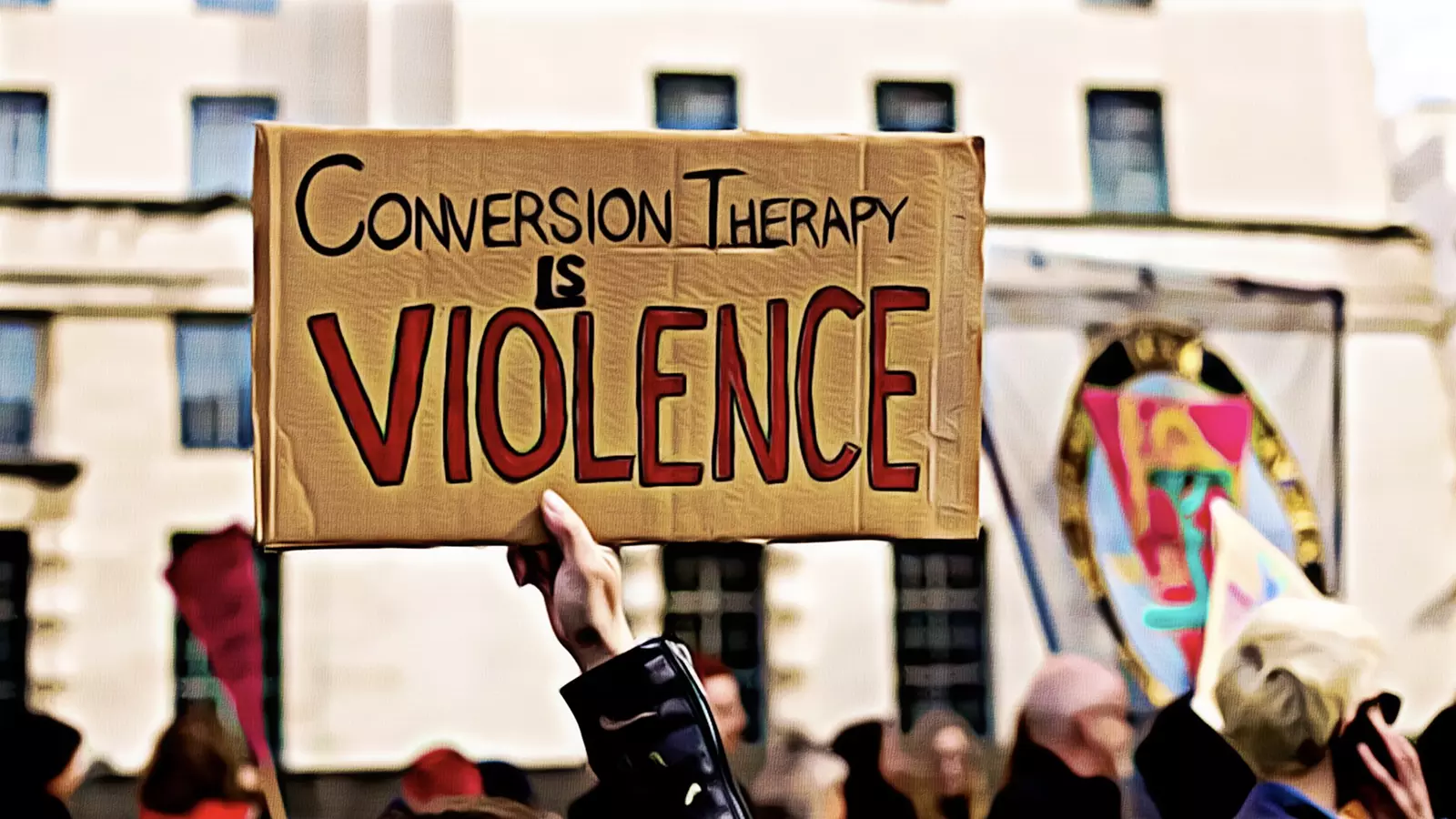
“I will cure her in three months,” a doctor told Dishaa’s parents, who had been looking for a ‘cure’ since they got to know about her gender identity in 2016.Assigned a male at birth, 23-year-old Dishaa, an interior designer from Vadodara, Gujarat identifies as a transgender woman.“My family has never been accepting of my gender identity. I was always teased for being feminine...
“I will cure her in three months,” a doctor told Dishaa’s parents, who had been looking for a ‘cure’ since they got to know about her gender identity in 2016.
Assigned a male at birth, 23-year-old Dishaa, an interior designer from Vadodara, Gujarat identifies as a transgender woman.
“My family has never been accepting of my gender identity. I was always teased for being feminine growing up as a boy. After all these years, I had become used to the banter. But things changed when I decided to tell my parents about my sexuality, that’s when the ordeal began. My father hit me, and my mother cried inconsolably for days. After months of trying to talk me out of it, they decided to approach experts who could cure me,” Dishaa, who now lives in Mumbai, tells The Federal.
Dishaa’s family subjected her to ‘conversion therapy’, a pseudoscientific practice of attempting to change an individual’s sexual orientation, gender identity, or gender expression to align with heterosexual and cisgender norms.
“My father’s friend suggested a doctor in Kerala who claimed to have successfully ‘cured’ many queer people. So, in March 2017, my parents forcibly took me to a psychiatric and rehabilitation hospital in Thrissur. I was 17 years old and studying in Class 12 gearing up for the board examinations. But I had to take leave for a month from school for the treatment,” she says.
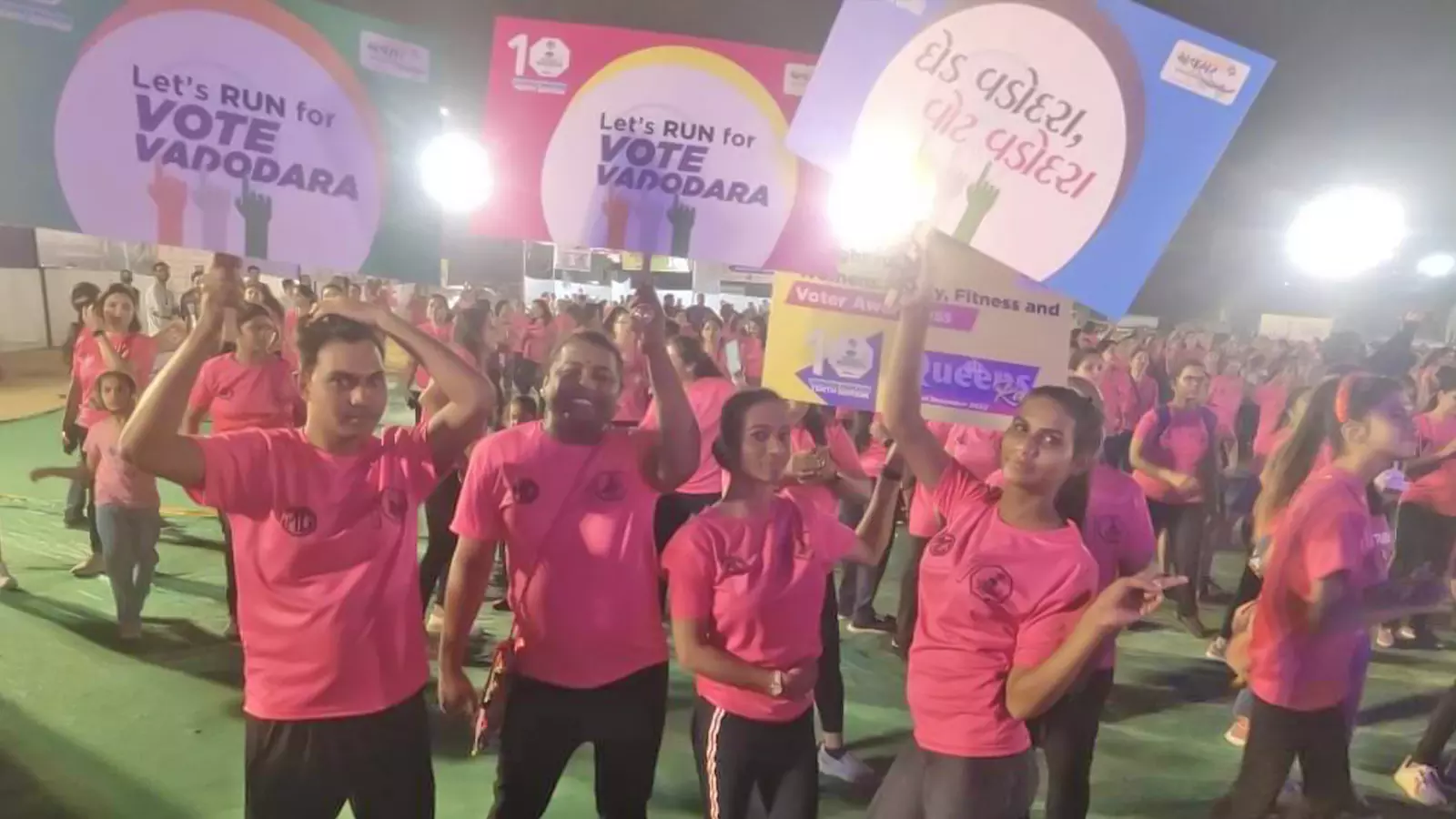
Dishaa (second from right) during a queer gathering.
In the course of the one-month long treatment, she was administered medication and electric shocks to be ‘cured back to normalcy’.
“The treatment took a toll on my physical and mental health and I could not appear for my board exams that year. But my father was happy as he was assured that he would get his son back. My family thought they could torture the femininity out of me,” she adds.
Six months after the treatment, Dishaa managed to contact a queer rights NGO based in Mumbai and decided to move out of her parental house. Six years later, with the help of her queer friends from the NGO, she managed to get a job in an interior design firm after a diploma in textile design.
“For the last six years, the only communication I have had with my family is through WhatsApp messages. My father who firmly believes that I have a ‘curable disease’ regularly sends me messages of various cures and advertisements of doctors both homeopathy and allopathy. At times, he sends emotional messages pleading for his son’s return. On other instances, the messages express his rage over how I harmed his reputation. I would send court verdicts and news stories of parents accepting their queer children in turn,” Dishaa said.
In a landmark Supreme Court ruling in 2018, Section 377 of the IPC that criminalised ‘unnatural sex’ was decriminalized stating that homosexuality was not a ‘mental disorder or a disease’ and discouraged conversion therapy.
Following the court verdict, the Indian Psychiatric Society made an official statement that said any form of treatment or therapy to reverse sexual orientation was based on an “erroneous” and “unscientific” premise that such an orientation is a disease.
However, years later, the verdict is yet to destigmatise same-sex relationships.
Many, now say, families are using the Supreme Court’s recent order over same-sex marriage to justify conversion therapy.
“When the recent verdict of Supreme Court regarding legalizing same-sex marriages was passed, I received a message from my father saying that it is about time I came out of my ‘phase’. Neither medicine, nor law are in favour of this disorder and that I was wrong in putting my parents through the ordeal,” Dishaa shares.
***
Thirty-two-year old Sana (name changed) has a similar story to tell. A resident of Ahmedabad district, she had decided to never come out as a lesbian before her family.
“I knew they would never understand,” Sana, who lives in the city but hails from a village in Ahmedabad district, says.
“I knew I was attracted to girls from a young age while I was in school. But I had a girlfriend only when I went to college in the city. Both of us used to stay away from our families in the hostel. During vacations, we would remain in touch through calls and texts. We had planned that we will move out to a new city after getting a job once we complete college. But things did not go as planned,” Sana says.
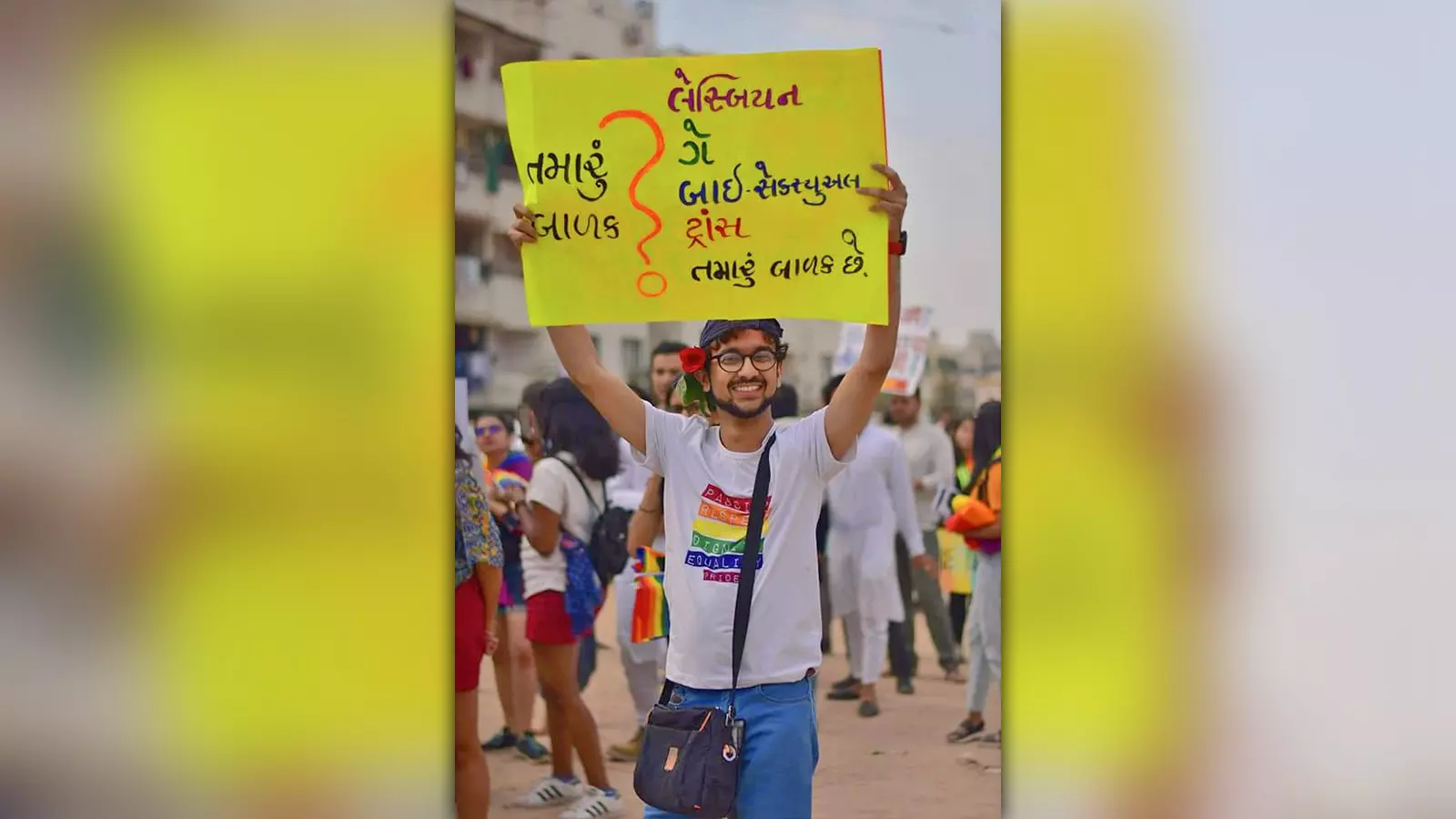
A person holds a placard that asks, Did lesbian, gay, trans people harm you?
“One day, while I was home during vacation, my sister-in-law overheard my conversation with my girlfriend. She initially thought I was dating a guy and began to tease me to get more information. I was close to her, so I confided in her and told her about my girlfriend. She laughed and thought I was joking and told my brother in jest. But he took it to my parents and it became a family issue. Overnight, my family began to treat me like a stranger. I was locked in a room and my mobile was taken away while my family began to look for cures for me,” she says.
First, they brought home a religious baba, who suggested that the family organise a special ‘conversion’ ritual at home. The baba came home with two of his disciples. They made Sana stand at a spot and lit a holy fire pit (havan) at her feet and began to chant mantras loudly. Next, the baba pulled her right hand and made an incision with a knife and let her blood drop in the havan kund for a few minutes as Sana stood scared and writhing in pain.
“I felt a sharp pain as the baba made the cut on my palm. I got scared and looked at my mother hoping for help. But she along with rest of my family were sitting with their eyes closed on the baba’s directions. Some blood oozed out from the wound and the baba let it drop in the fire pit claiming it is the only way to purify my blood,” Sana told The Federal.
But that wasn’t the end of the ordeal for her. When her family realised the ritual had not worked, she was taken to a doctor in Anand district.
“I was on medication — both oral and intravenous — for three months. Every week either my sister-in-law or my mother would take me to this doctor who claimed to be an ayurvedic sexologist. The doctor gave oral medicines in a glass bottle with just the dosage written on it by hand. They did not tell me what medicines I was given. When I insisted after a month, the doctor told me I was getting hormonal cure for homosexuality. The episode permanently damaged my equation with my family,” tells Sana who now works for Seva, a woman self-help group based in Ahmedabad.
“My parents aren’t that educated but my brother has been keeping track of developments around LGBTQIA issues ever since they got to know about me. After the Supreme Court verdict on same sex marriage, my brother consulted a lawyer to see if I can be forced to take treatment. He did not understand the verdict at length but he told my sister-in-law that the court has ruled that nobody can be homosexual in India anymore,” she adds.
***
Given the torture conversion therapies bring with them for many leaving home is the only option left.
“For many people of queer community, walking out of their parental home is the only resort,” says Smitin Boshale, a gay man from Gandhinagar.
“Since childhood, I was kind of introvert. My parents were and still are very abusive. They never understood or supported me. After years of turmoil, torture and mental break down, I got admission in IIT Guwahati in 2019. The same year I came out as a gay man. Things still haven’t changed in my family and they still think I need a cure. However, away from them I got a chance to pursue my passion. I always wanted to dance, that is where I could be myself,” adds Smitin.
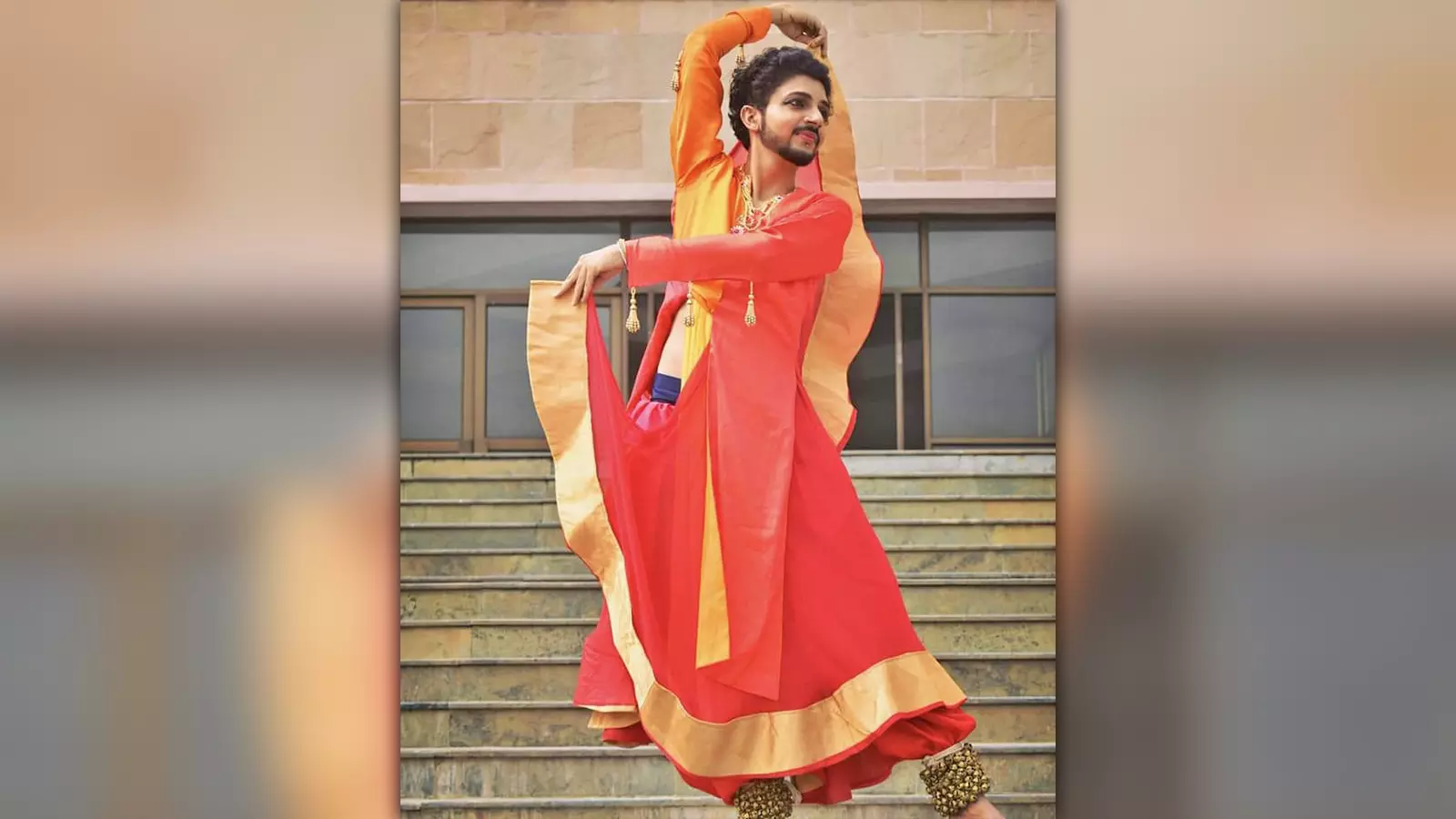
Smitin Boshale says his family believes the Supreme Court is against homosexuality.
“I happened to visit home last month. At the dinner table, my mother brought up the verdict over same-sex marriage. My father chided that somebody should knock some sense into me as no law or court in their senses would support a disease in this country. No matter what I would say, they would say that the Supreme Court of the country is against homosexuality. We ended up arguing almost the whole night. I left the next evening,” he shares.
A fight half won
“My parents were planning to open up my brain, perform a surgery on my brain,” said Manvendrasingh Gohil, a gay prince of erstwhile princely state of Rajpipla in Gujarat, who has approached the Supreme Court to try to get conversion therapy banned. He is also the co-founder of Ahmedabad-based Lakshya Trust which takes up LGBTQIA rights-based issues.
“I suffered severe pain and humiliation while my parents’ carried on their futile attempts to change my sexual orientation. It was an absolute case of violation of human rights no matter who I was. Parents have no right to put their children through such kind of torture,” Gohil, whose sexuality was revealed to his family in 2002 after he was hospitalised with a nervous breakdown, said.
People working for gay rights say the recent verdict is a setback for their fight.
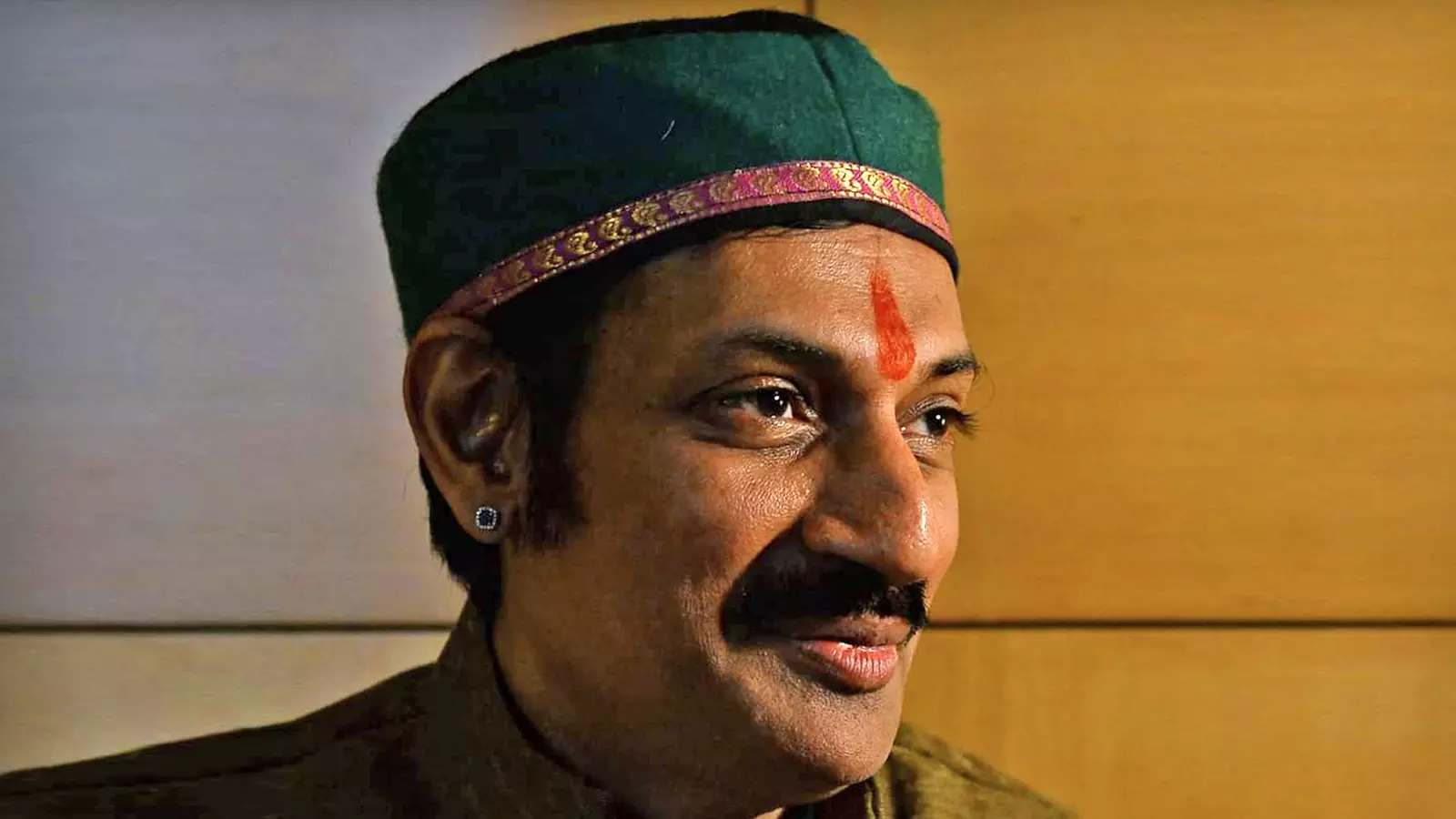
Manvendrasingh Gohil says his parents were planning to open up his brain and perform a surgery.
“While the 2018 judgement came as a ray of hope as did verdicts of several High Courts, the recent judgement on same-sex marriage has taken our struggle back by years. It has legitimised homophobia in a way by stripping away our basic rights,” Sylvester Merchant, a founding member of Laskhya Trust, says.
During the hearing, Solicitor General Tushar Mehta said, “Our values do not recognise marriage between same-sex couples.”
Noticeably, even while the case was under trial, the Bar Council of India (BCI) requested the apex court to leave the issue of same-sex marriages to the legislative for widespread consultation stating that the matter was highly sensitive with religion and cultural connotations.
The BCI went on to say, “More than 99.9 percent of the people in the country oppose same-sex and queer marriage. Hence, any decision by the Supreme Court in favour of the petitioners in the case will be treated as being against the country’s culture and social religious structure.”
A day after the BCI statement, Delhi’s District Court Bar Associations also expressed their displeasure on the day-to-day proceedings on a batch of petitions by the Supreme Court on the matter. It said, “The social ramifications of the proceedings before the Supreme Court are colossal and have the potential for an unintended impact on the social fabric.”
Later in March 2023, 21 retired high court judges, including two from Gujarat High Court, wrote an open letter saying, “Allowing same-sex marriage would have a devastating impact on children, families and society. It will increase the incidence of HIV-AIDS in India while negatively affecting the psychological and emotional development of children raised by same-sex couples.”
The petitioners found these developments as a setback to the gay rights movement.
“The SC verdict on same sex marriage certainly brought our morale down. The judgment does more harm than just denying same-sex couples the right to marriage, co-owning property, obtaining joint loans or life insurance, and adopting children. The judgement of the apex court has legitimised the prevalent homophobia in the Indian society,” Rohin Bhatt, one of the Supreme Court lawyers in the matter, says.
Bhatt, who is also gay, says now every homophobic person can cite the verdict to legitimise their arguments that the queer community have been fighting against since decades.

